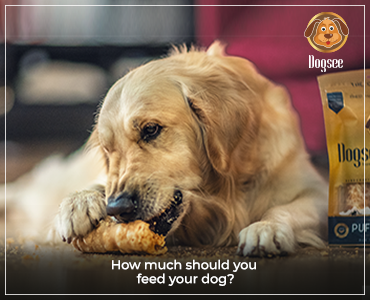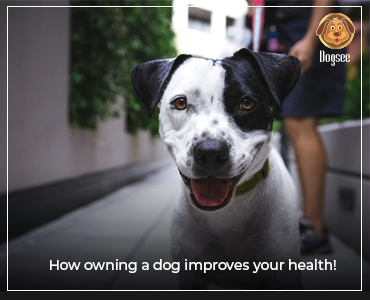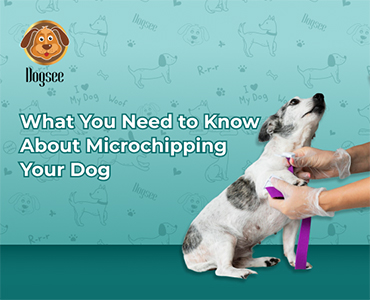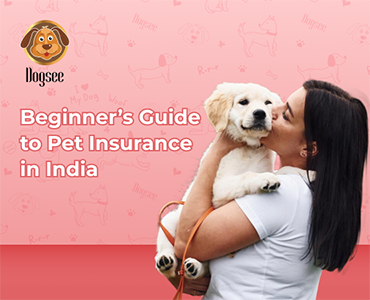
Just thinking about your new furry family member gives you the tingles, doesn’t it? A little four-legged cutie to play with and to shower all your love. But as exciting as that sounds, it can also be quite a task to get ready for this bundle of happiness. You would need to be aware of some changes that will need to be made around your house for it to be puppy-ready. But do not worry, we’ve simplified this process for you in this short read.
1. VET THE VETERINARIAN

Your dog’s veterinarian is going to be your ally in helping your dog maintain their health. Naturally, you would need to take great care in shortlisting the right vet for all your pup’s medical needs. Before bringing your pup home, make sure to swing by the vet’s where they can be thoroughly checked out and be given a clean bill of health. Your puppy will need to have a vaccination schedule till they are at least 12 weeks old. Make sure to ask your vet about the right vaccines as they might vary from brand to brand before which you would also need to take stock of any vaccines given before you met your new fur baby. Another tip would be to ensure that the veterinary clinic is close by in case of emergencies if any.
2. FAMILY MEETING
If they haven’t already, let your family know that an adorable new member will be joining them! If it’s the first time that a puppy is being brought home, the family should be educated on how to handle them and their schedules.
3. PET-PROOFING
Puppies are just like toddlers, they are curious about everything around them and are always getting up to something naughty without even meaning to. It’s better to pet-proof the house before you bring your puppy home, such as putting up baby gates, escape-proofing the garden/backyard, making sure that there is nothing harmful lying around that your puppy can put in their mouth, and so on.
4. SORTING THEIR FOOD
Make sure to research everything you can about what food is good for puppies and what is not. The best way to do this is to be in constant communication with your vet and ask for their advice while you are stocking up on the food for your new family member.
5. STOCK UP ON SUPPLIES
It is very important to keep all the supplies ready such as a harness/leash, dog food and treats, food and water bowls, toys, boots and clothes, and so on. Keeping these supplies ready and handy helps you be prepared for whatever challenges you might face in the near future.
After getting your house and family members prepared for the new addition, comes the moment you’ve been waiting for: getting your puppy home! There are still a couple of things to do after your puppy gets home and, as a first-time pet parent, it can get a bit overwhelming. So, here are some tips to help you out:
1. CREATE A WELCOMING ENVIRONMENT

Although puppies are very curious about their surroundings, they are still a little wary and apprehensive when they are introduced to new environments. You have to be patient and let them explore their new home on their own and become familiar with their surroundings. Ensure that you and your family give the puppy their space and avoid loud sounds that could scare or startle them. This might make the puppy anxious and they might end up withdrawing.
2. POTTY TRAINING
The sooner you potty train your puppy and make sure that they know about the dos and don'ts around the house, the better. The best way to go about this is to get certified as a trainer or get a certified trainer. You can also train your puppy with the help of bite-sized treats.
3. BEHAVIORAL TRAINING
It is important for puppies to get behavioral training as well. This helps a lot as these trainings stay with them as they are growing up. The training may vary depending on the kind of behavior that your puppy is exhibiting. It might be aggressive or anxiety-ridden. This is why you have to keep an eye on your puppy to understand their behavioral patterns and train them accordingly.
4. HYGIENE AND HEALTH
This is one of the most important things to keep in mind when dealing with a puppy. Make sure you keep up with the rapid physical changes in your puppy as they tend to grow really fast during the first six months. This means that they also tend to chew on anything and everything during their teething, which is why keeping long-lasting treats, that are good for their dental hygiene and help with weight management, handy is very important.
5. IMPORTANT PAPERS
Make sure to keep all the important papers relating to your puppy such as the birth certificate, previous medical records, etc. safe and accessible. These records are vital when you are getting them checked up at the vets’.
The first few weeks are quite important, especially given the huge changes and adjustments for both you and your puppy and this could be a little overwhelming at first. But keeping a positive mindset and making sure that you have a strong bond with them is one of the first steps you can take towards making sure that all of you have a smooth time adjusting to each other. After all, the cuteness overload will take away all your worries anyway! Enjoy the pup-coming!
 HELPFUL0 people found it helpful
HELPFUL0 people found it helpful
Related Blogs
Subscribe to Our Blogs
and never miss on the latest update!


















